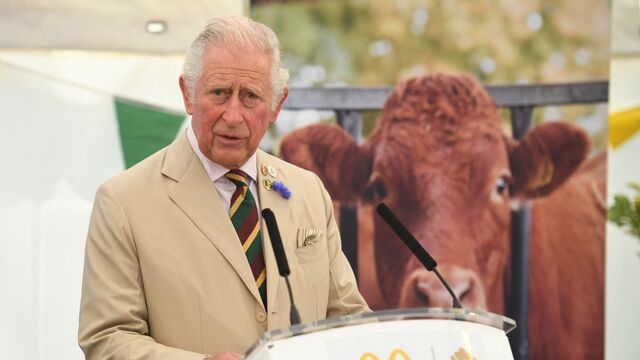
King Charles’ Foundation has partnered with Arla and Nestle to provide Cravendale Milk and Shreddies for ‘breakfast clubs’
According to the King Charles III Chartible fund: Two of the UK’s biggest food manufacturers, Arla and Nestle, formed an alliance to donate the equivalent of 1.25 million breakfasts to the food charity FareShare.
The supply of Arla Cravendale and Nestle’s Shreddies have supported families and communities in need across the UK.

BYPASS THE CENSORS
Sign up to get unfiltered news delivered straight to your inbox.
You can unsubscribe any time. By subscribing you agree to our Terms of Use
Latest Video
Arla is making headlines at the moment over it’s trialling of a controversial and potentially dangerous food additive that is being given to cows to stop them farting, thereby helping save us from global warming!
Quite rightly, when the trial was announced it sparked a backlash on social media and has seen calls for a boycott of Arla products in major supermarkets.
One of King Charles’ OWN farming advisors has even claimed that Arla, the UK’s biggest dairy co-operative, is attempting to “re-engineer the cow” with its new trial to add a methane-suppressing supplement into cow feed.
The Standard reports: Arla Foods announced the initiative aimed at tackling climate-heating methane emissions produced by cows during digestion.
The firm is working alongside Morrisons, Aldi and Tesco on the project, which will trial the use of a feed additive named Bovaer across 30 British farms.
Patrick Holden, an adviser to the King and the founder of the Sustainable Food Trust, told the Telegraph that Arla had “resorted to feed additives to maintain positive PR for their dairy-farming industry”
Research suggests the supplement can reduce methane emissions from cows’ digestion by an average of 27 per cent, but concerns have been raised over its long-term effectiveness and impact on animal health and welfare.
Mr Holden said that Bovaer had been “declared safe and therefore harmless to consumers of products from treated dairy cows”.
He told the newspaper: “Feeding cows potions to reduce emissions is a classic case of the dairy industry, and I use that word advisedly, treating the symptoms rather than the cause of the problem.
“The cause in this case is separating the dairy cow from her natural environment of which she is intrinsically a part.
“Once this separation has occurred, both physically and in the mindset of society, methane becomes a problem which needs to be addressed by re-engineering the cow.”
